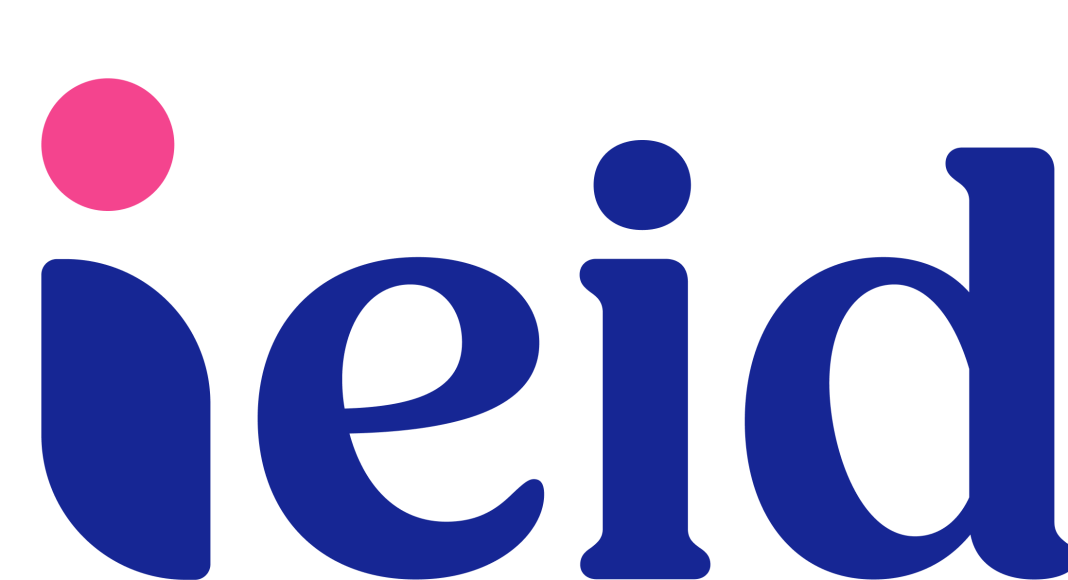Instead of rigid templates built for disparate EHR systems, Heidi adapts to each clinician’s voice, speciality, and documentation preferences to create notes that sound exactly like them
Whether it’s a 10-minute GP consultation or a complex psychiatric evaluation, Heidi maintains continuity across handoffs and specialities. This approach transforms efficiency across healthcare organisations of all sizes. Emergency departments accelerate patient flow, surgical teams quickly generate detailed operative notes, and all 200+ supported medical specialities maintain consistent quality standards without compromising their unique clinical voice.
The results speak for themselves. Documentation time during consultations drops by 51%, freeing clinicians to focus on what matters most. 78% of clinicians report that Heidi helps them build better patient relationships by removing the distraction of note-taking during critical conversations.
This is why Heidi is trusted for 1.5 million patient visits each week and achieves 60-80% adoption rates, compared to 20-40% adoption of other ambient tools.
The admin crisis
The NHS faces an unprecedented administrative burden that’s damaging patient care. With 7.6 million people stuck on waiting lists and nearly half of UK GPs considering leaving the profession, the system is breaking under a quiet but brutal force: the two hours of admin that consume every clinical shift. Administrative burden has become the primary driver of burnout across NHS trusts and GP surgeries, pushing experienced clinicians to leave when healthcare capacity is most desperately needed.
Why other ambient tools fail
Existing ambient AI solutions create tools either “for primary care” or “for hospital specialists,” resulting in rigid templates and workflows that force clinicians to adapt their documentation style and working methods rather than adapting to how clinicians naturally work. The result is activation rates of only 20-40%, with systems often remaining unused after lengthy, expensive implementations.
Many ambient tools do not accurately support team-based, collaborative patient care. In most clinical settings, patient care isn’t delivered by a single individual – it’s shared across multidisciplinary teams. Tools that generate documentation solely for the use of one clinician, without enabling others in the team to view, contribute to, or build upon that record, ultimately fragment care rather than support it. Heidi enables patient-centric collaboration, continuity, and shared accountability, supporting the existing workflows and communication needs of real-world clinical practice.
The implementation burden compounds these challenges. When clinicians transition between settings, workflows often break down due to the need for separate training, differing documentation approaches, and incompatible data formats. Each NHS trust must complete separate Data Protection Impact Assessments, DCB0160 assessments, and clinical safety reviews for every new ambient tool, which will extend deployment timelines to months rather than weeks. This fragmented approach means clinicians waste time learning multiple systems instead of focusing on patient care.
Heidi’s success in clinical settings is enabled by world-class customer support that wraps around the product. This high-touch approach accelerates adoption, boosts clinician confidence, and helps unlock real value from ambient AI. It’s this level of support – personalised, proactive, and clinically aware – that sets Heidi apart from other tools on the market and makes us a true partner in transforming care, not just a software provider.
Heidi is NHS-ready
Heidi removes implementation friction by arriving NHS-ready. Comprehensive GDPR and Data Security and Protection Toolkit compliance, UK-based data processing, and NHS-grade encryption protocols ensure a swift deployment. Presenting digestible and easily transferable risks and controls from the DCB0129 hazard log helps ease the burden on deploying organisations, while emphasising the importance of clinician awareness and education in the use of such tools. SNOMED CT and ICD-10 coding support ensure seamless integration with existing UK clinical terminology standards.
Unlocking healthcare capacity
By giving clinicians tools that work the way they do, healthcare organisations can redirect clinicians from data entry to patient care, reduce burnout-driven turnover, and create environments where clinicians want to work.
Discover how Heidi can alleviate your administrative burden while enhancing patient care. Contact our team to schedule a demo tailored to your specific clinical environment. Visit heidihealth.com.


